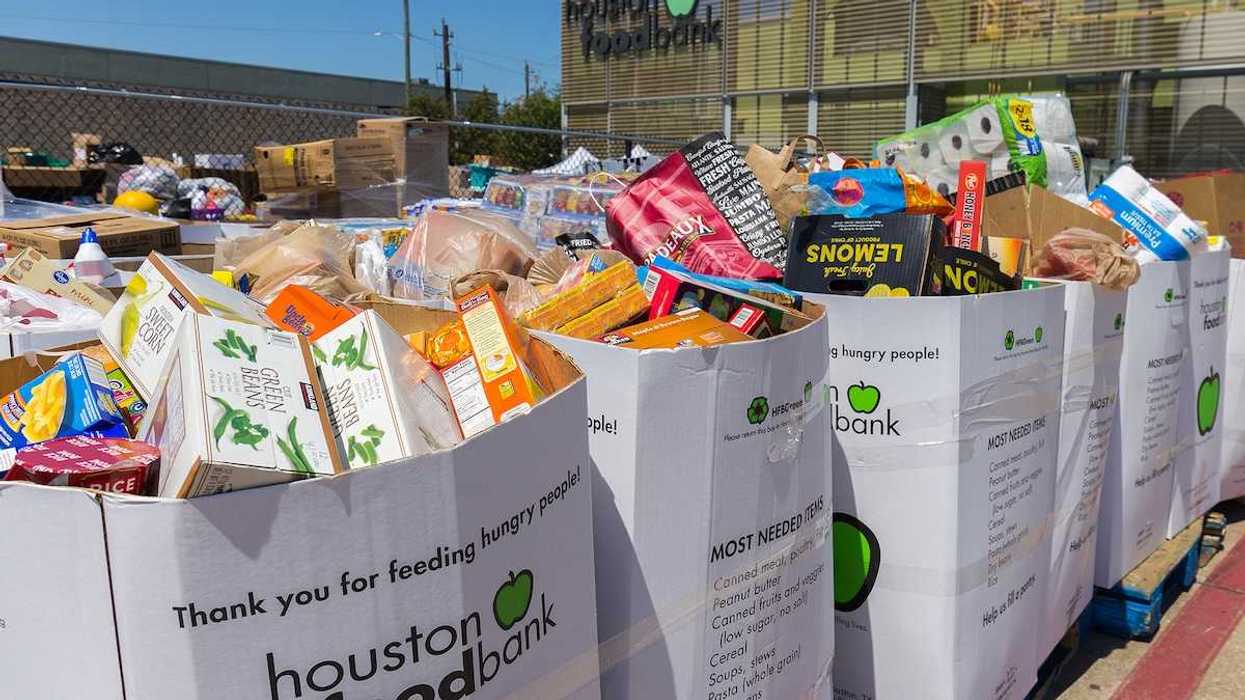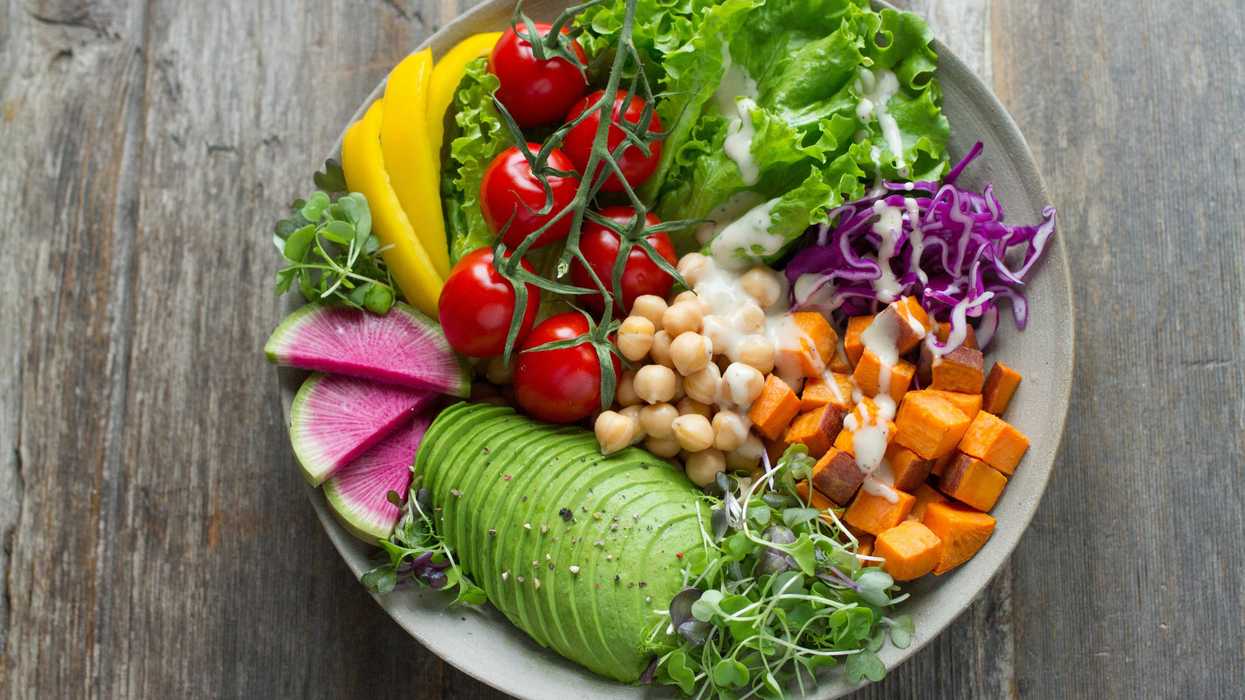Delegates gathering in Geneva this week confront last-minute splits over production caps and hazardous chemicals as they try to finish a United Nations treaty on plastic pollution.
Jamie Durrani reports for Chemistry World.
In short:
- A ‘high-ambition coalition’ of more than 100 nations wants the treaty to include mandatory national caps on virgin plastic output and reporting requirements.
- A petro-state bloc led by China, Saudi Arabia, Iran, and Russia argues the agreement should focus on recycling and waste management rather than production limits.
- Scientists warn the draft list of regulated chemicals covers only a handful of substances, leaving thousands of documented or suspected toxic additives unaddressed and undisclosed.
Why this matters:
The world makes about 500 million tons of plastic every year — more than double the output in 2000 — and production is on track to climb another 60% by 2040. Only 9% of that waste is recycled, meaning ever-larger volumes end up in landfills, rivers, and oceans where sunlight, waves, and abrasion grind it into micro- and nanoplastic particles. Those fragments now turn up in human blood, lungs, and placentas, while many of the 16,000 chemicals used in plastic manufacturing can disrupt hormones, damage organs, or persist in soil and water for decades. A treaty that skips production limits or broad chemical controls would lock in higher health costs, wider ecological harm, and heavier cleanup bills for future generations.
Related: Global pact aims to curb microplastics before they flood every ecosystem
















